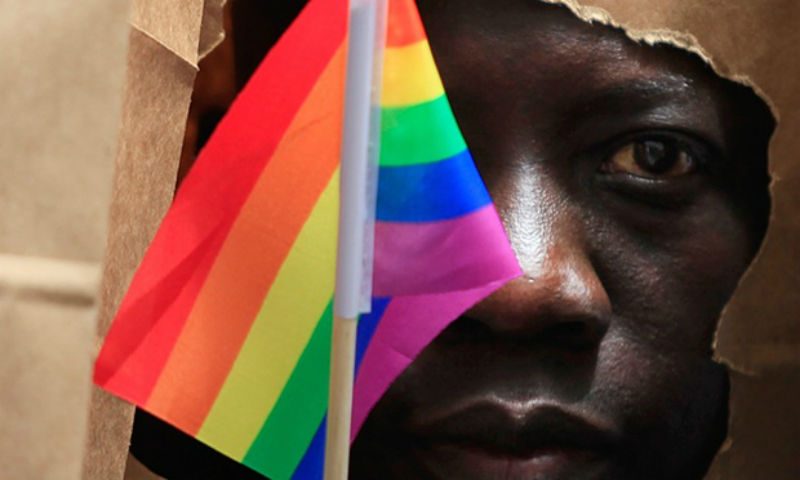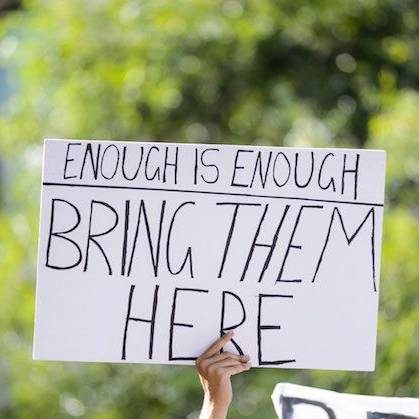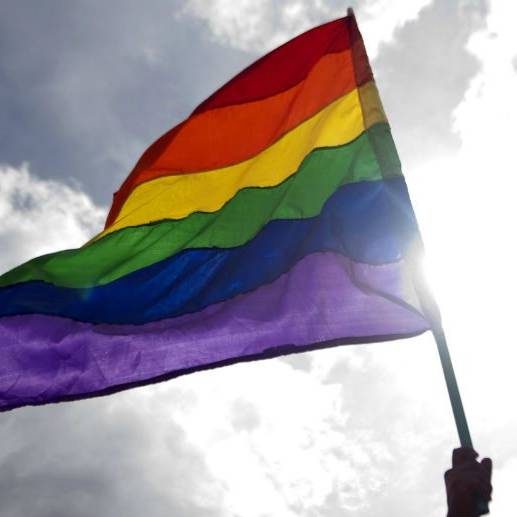 All human beings are born free and equal in dignity and rights.
All human beings are born free and equal in dignity and rights.
The number of countries that perform and recognize same-sex marriages are increasing. Now, 25 countries and territories allow same-sex marriage. While this is a step in the right direction for the LGBTI community, there are still 75 nations that criminalise homosexuality. In 10 of these countries, it is punishable by death.
The U.N. High Commissioner for Human Rights reported that “Since 2011, hundreds of people have been killed and thousands more injured in brutal, violent attacks” and that they have found “continuing, serious and widespread human rights violations perpetrated, too often with impunity, against individuals based on their sexual orientation and gender identity.”
Here in Australia, asylum seekers are still at risk for discrimination. It is estimated that there are 175 million LGBTI people living in countries where they can face persecution based on their sexual or gender identity. It has been reported that a large number of LGBTI asylum seekers meet “violence, intimidation and harassment” while being detained in Australian-run detention centres.
These asylum seekers are also met with immigration officials assessing whether their asylum claims are legitimate based on stereotypes about LGBTI people. It has been stated that many of these questions involve asking about sexual partners, what clubs the person frequents, and what LGBTI groups the person belongs to.
The Universal Declaration of Human Rights, which Australia had a hand in drafting, states that, “All human beings are born free and equal in dignity and rights. They are endowed with reason and conscience and should act towards one another in a spirit of brotherhood.”
It is about time that Australia, and the rest of the world, begins to act in a spirit of brotherhood.


